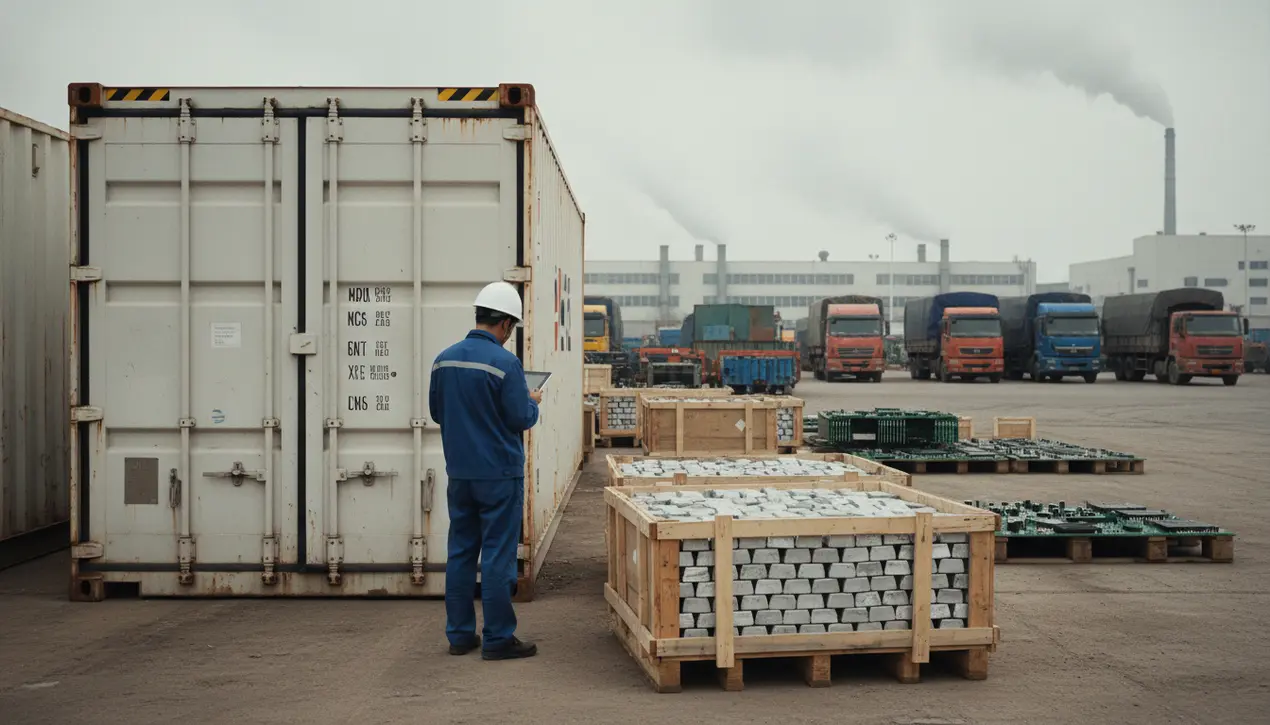
Politicssanctions & tradeEconomic Sanctions
China's Rare Earths and Chips as Strategic Trade Leverage
RO
Robert Hayes
3 hours ago7 min read
The strategic deployment of critical materials as instruments of national power represents a profound evolution in global trade statecraft, a bridge Beijing initially hesitated to cross when its trade war with Washington commenced in 2018. Back then, the approach was more tentative, a series of calibrated responses rather than a full-throated assertion of economic sovereignty.However, as Morgan Stanley researchers astutely observe, a palpable shift has occurred. China's leadership has matured from a posture of strategic hesitation to one of measured assertiveness, a transition underscored by its recent maneuvers to control the spigot of vital resources like rare earth minerals and advanced semiconductors amid escalating tensions.This is not merely a trade dispute; it is a recalibration of the very architecture of geopolitical influence, reminiscent of historical precedents where control over essential commodities—be it oil in the 20th century or spice routes in centuries prior—dictated the fortunes of empires. The calculus in Beijing appears to have crystallized: why engage in a direct military confrontation when the levers of economic dependency offer a more subtle, yet equally potent, form of coercion? Rare earths, those seventeen obscure metallic elements indispensable for everything from F-35 fighter jets to electric vehicle motors and precision-guided munitions, represent a chokepoint where China commands an overwhelming market share, having spent decades consolidating its supply chain from mine to magnet.Similarly, its growing prowess in legacy chip production provides a critical linchpin for global automotive and consumer electronics industries, creating vulnerabilities that can be exploited with surgical precision. This is a game of high-stakes chess, not checkers, where each move is designed to signal resolve while calculating the ripple effects through allied nations and multinational corporate boardrooms.The Biden administration's efforts to onshore production and foster 'friend-shoring' alliances are a direct, albeit belated, response to this emerging reality, an acknowledgment that economic security is now inextricably linked to national security. The long-term consequences are manifold: a accelerated fragmentation of global supply chains, a surge in defensive investment in alternative mining and processing capabilities from Australia to Vietnam, and a new era of resource nationalism where countries with deep reserves of cobalt, lithium, or graphite may find themselves wielding unexpected influence.As during the Cold War, when the specter of mutually assured destruction maintained a tense peace, we may be entering an era of 'mutually assured economic disruption,' where the threat of severing critical material flows serves as a powerful deterrent. The question is no longer if China will weaponize its dominance in these sectors, but how systematically and to what ultimate strategic end, a development that will undoubtedly define the contours of US-China relations for decades to come.
#featured
#China
#rare earths
#semiconductors
#trade war
#export controls
#critical materials
#geopolitics
Stay Informed. Act Smarter.
Get weekly highlights, major headlines, and expert insights — then put your knowledge to work in our live prediction markets.
Comments
Loading comments...
© 2025 Outpoll Service LTD. All rights reserved.